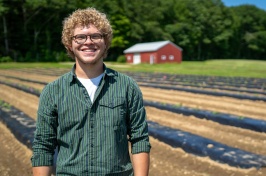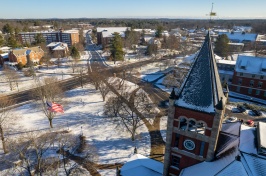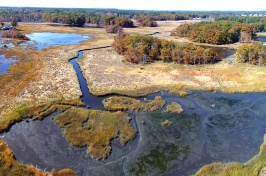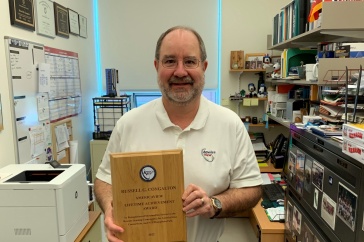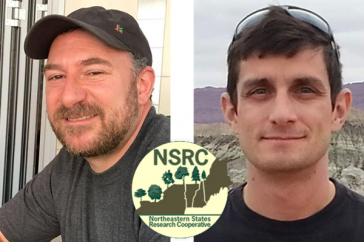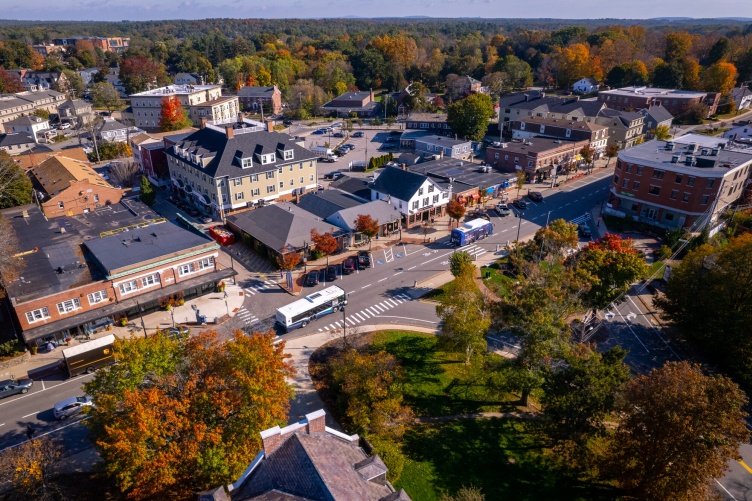
Downtown Durham, NH. Credit: UNH
Kenneth Johnson, a researcher with the New Hampshire Agricultural Experiment Station – a unit in the UNH College of Life Sciences and Agriculture – will be part of a panel of scholars who will brief Congressional staff, federal agency personnel, rural NGOs and media interested in rural America. The panel will focus on the rapid transformation of rural America, which has undergone profound demographic, economic, social and environmental change. While issues such as the drug overdose epidemic, COVID-19 and natural disasters have grabbed headlines, other important trends—from economic mobility to long-term health outcomes— are often overlooked. The panel includes some of the leading experts on rural America whose policy-relevant research examines the demographic, economic, health and environmental challenges and opportunities facing rural communities from New England to the Bayou to the Great Plains and beyond.
Johnson – the Class of 1940 Professor of Sociology in the UNH College of Liberal Arts and senior demographer with the UNH Carsey School of Public Policy – will brief the attendees on the declining populations in U.S. rural areas that occurred between 2010 and 2020, the first time in history that such a decline happened. According to Johnson, population reductions were observed in nearly two-thirds of rural counties due to greater out-migration, lower births and greater deaths.
Visit the Congressional briefing event's website to find Johnson's full brief as well as more information about the event and a registration link. Johnson and a number of other presenters are part of the USDA supported multistate research project known as W4001: Social, Economic and Environmental Causes and Consequences of Demographic Change in Rural America. The group includes 39 scientists and 28 institutions and conducts research on the most pressing demographic, economic, social and environmental challenges faced by rural communities in the United States.
This material is based upon work supported by the NH Agricultural Experiment Station, through joint funding of the National Institute of Food and Agriculture, U.S. Department of Agriculture, under award number 1013434, and the state of New Hampshire. Founded in 1887, the NH Agricultural Experiment Station helps steward federal and state funding, including support from the USDA National Institute of Food and Agriculture, to provide unbiased and objective research concerning diverse aspects of sustainable agriculture and foods, aquaculture, forest management, and related wildlife, natural resources and rural community topics.

















